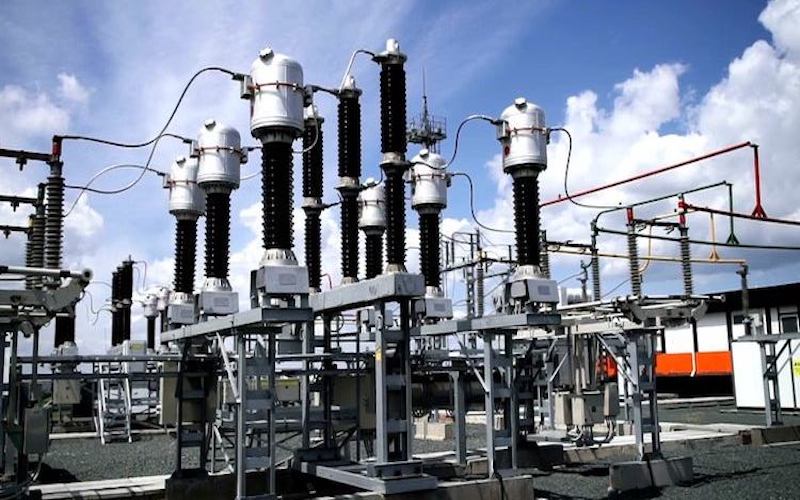The Federal Government is set to spend N450bn on power interventions in 2024. This is according to the budget analysis of the Nigerian Bulk Electricity Trading Company. Under the firm’s capital expenditure, N450bn was budgeted for ‘FGN Power Intervention Fund.’
The Government Owned Enterprise’s expenditure intends to spend a total of N454.81bn in 2024.
N2.44bn will be spent on personnel costs, N2.36bn will be spent on other recurrent costs, N580m on general travel and transport, N15m on utilities, N110m on materials and supplies, N210.75m on general maintenance services, N34m on other services, N60m on fuel and lubricants, N40m on financial charges, N576m on miscellaneous, and N736.51m on supplementary overhead.
Most of the firm’s spending would be on power intervention funds in the New Year. As of May 2022, the Federal Government’s intervention fund to electricity distribution companies rose to N2.9trn.
It was learnt that the N2.9tn is the total funding extended to the sector since privatisation in 2013. The Federal Government has consistently intervened in the power sector. In 2017, the Federal Executive Council approved N701bn as Power Assurance Guarantee for the Nigeria Bulk Electricity Trading Company for two years to pay the generation firms.
In 2019, the government announced that the power sector was going to get another intervention of N600bn. In 2019, the Market Operator, Transmission Company of Nigeria, Edmond Eje, stated, “At this stage I’ll tell you that it is for the market. If the money is injected into the Gencos, it is for the market; if it is injected into the Discos, it is for the market. It is generally for the shortfall in the payment of monthly invoices.”
Despite these intervention funds, the power sector has been besieged with many grid collapses. As of October 2023, the House of Representatives stated that it was set to probe all financial interventions by the Federal Government in the power sector in the past 10 years.
It said the investigation would cover over $1.25bn injected into the sector by the government since the 2013privitisation till date.
A member of the House of Representatives, Ademorin Kuye (APC, Lagos), said while moving the motion, “The Nigeria Electricity Regulatory Commission performance as an industry regulator is questioned for its ability to move the industry forward and eliminate illiquidity.
“The Nigeria Electricity Supply Industry faces threat due to the poor performance and transparency of DISCOs and the NERC’s inability to sanction erring stakeholders.”


